Roaming Horizons
A wonderful serenity has taken possession of my entire soul, like these sweet mornings of ...
READ MORETales from the Open Road
The European languages are members of the same family. Their separate existence is a myth. ...
READ MOREExploring the World of Delectable Cuisine
But I must explain to you how all this mistaken idea of denouncing pleasure and ...
READ MORETales of Tantalizing Tastes and Aromas
Sed ut perspiciatis unde omnis iste natus error sit voluptatem accusantium doloremque laudantium, totam rem ...
READ MOREUnveiling the Secrets of Savory Pleasures
Lorem ipsum dolor sit amet, consectetuer adipiscing elit. Aenean commodo ligula eget dolor. Aenean massa. ...
READ MOREA Culinary Journey Through Exquisite Flavors
Lorem ipsum dolor sit amet, consectetuer adipiscing elit. Aenean commodo ligula eget dolor. Aenean massa. ...
READ MORESouth Africa’s Case Lays Out Genocidal Intent – Francis Boyle
Francis Boyle is an international lawyer and Professor of International Law at the University of Illinois College of Law. On behalf of Bosnia and Herzegovina, Boyle successfully initiated proceedings in 1993 against the former Yugoslavia at the International Court of Justice (ICJ) for its violations of the 1948 Genocide Convention. Boyle discusses South Africa's recent request for an interim measure from the ICJ to halt Israel's alleged violations under the 1948 Genocide Convention. He explains the merits of the case, the likelihood of the ICJ ruling in favor of South Africa, and the legal implications for both Israel and the United States.
READ MOREThe UN and Israel’s Occupation of the Palestinian Territories – Ardi Imseis
Dr. Ardi Imseis is an Assistant Professor of International Law at Queen’s University, as well as a legal practitioner, having spent 12 years working for the United Nations in the occupied Palestinian territories. Imseis argues that the UN has not been the standard-bearer of the international rule of law but, since 1947, has enforced “rule by law” in the way it has created and then “abused and selectively applied” international law with regards to the Palestinian people’s right to self-determination. He discusses UN General Assembly Resolution 77/247, which calls on the ICJ to issue an advisory opinion on the legal status of Israel’s occupation of the Palestinian territories.
READ MORECOP28: Talk Green, Play Dirty – Patrick Bond
Patrick Bond, political economist, Professor of Sociology at the University of Johannesburg, and Director of the Centre for Social Change, expands on the first Global Stocktake produced at COP28. He criticizes the document's weak language of "transitioning away" from fossil fuels, which he says is a distraction from the need to phase out fossil fuels outright. Sanctions such as the Carbon Border Adjustment Mechanism (CBAM) to prevent carbon leakage were removed from the GST in the name of promoting global trade, another aspect Bond problematizes. He also addresses the BRICS+ divided approach toward Israel's bombardment of the Gaza Strip.
READ MOREBrutal Occupation Underpins Class Inequality for Israelis and Palestinians – MK Ofer Cassif
Israeli Member of Knesset Dr. Ofer Cassif is a member of the Hadash Party, which supports Jewish-Arab cooperation and workers' rights. MK Cassif highlights how the occupation generates class inequalities and a regime of elite oppressors vs. the oppressed, which is not exclusively based along ethnic or religious lines. He outlines Prime Minister Netanyahu's disregard for the well-being of both Israelis and Palestinians, as well as a history of propping up Hamas.
READ MORECOP28: Hypocrisy and Climate Appeasement – Bruce Robertson
Bruce Robertson, independent energy analyst, exposes the hypocrisies and lobbying taking place at COP28 and how talk of investing in a green transition is belied by increasing fossil fuel subsidies worldwide. He explains how the industry employs terms such as net zero and carbon capture and storage (CCS) to appease social opinion and pretend that emissions are being cut, while CCS technology has largely been a failure. Lastly, he tears into deceptive emissions accounting frameworks, which purport to reduce domestic emissions by exporting gas to other countries but, in fact, contribute to higher emissions globally.
READ MOREKristen Stewart Warns the World Is “Dangerously Close” to Nuclear Catastrophe
The Hollywood actress supports Paul Jay's Daniel Ellsberg documentary ‘How to Stop Nuclear War,’ based on the book ‘Doomsday Machine' by the Vietnam-era whistleblower who released the Pentagon Papers.
READ MOREMiddle East, Military-Industrial Complex, U.S. Politics
Venture Capital Fuels U.S. Military Support for Israel, Egypt, and Saudis – Shana Marshall
Dr. Shana Marshall is the Associate Director of the Institute for Middle East Studies at George Washington University in D.C. She highlights a crucial element of financing the military and defense technology sector by venture capitalist and private equity firms with dubious financial and political interests. She explains how the business models of these firms shape the sort of weaponry produced in the U.S., such as an increase in drones and AI-powered systems and the "attritable" form of warfare that is waged as a result. Furthermore, she argues that U.S. policy in the Middle East and American support for authoritarian regimes has had dire consequences for the people in the region.
READ MORESystemic Corruption at Home and Abroad – Sarah Chayes
Author of the book "On Corruption in America: And What is at Stake" and former NPR correspondent Sarah Chayes discusses embedded corruption networks in Afghanistan, particularly under U.S. and allied occupation, and other countries plagued by endemic corruption. She argues that the very institutions— primarily Western— seeking to tackle corruption in these countries end up propping up corrupt financial and military institutions by supporting networks of elite capital interests and a conglomeration of private contractors.
READ MOREColleague of Imprisoned Boris Kagarlitsky on Russian Anti-War Opposition – Anna Ochkina
Anna Ochkina is a Russian sociologist and colleague of Marxist sociologist and dissident Boris Kagarlitsky, who has been held in prison by Russian authorities since July 25. She says the authorities don't actually believe he is a terrorist threat, but it is fear among the elite of his anti-war activism that led to his arrest.
READ MORERadical Transformation is Needed for an Israeli-Palestinian Peace – Nadim Houry
Nadim Houry, Executive Director of the Arab Reform Initiative, discusses the role of Arab countries in the Middle East in demanding a ceasefire in Gaza and negotiating the release of hostages taken by Hamas. Normalization between Bahrain and the UAE with Israel, in addition to negotiations between Saudi Arabia and Israel, has been disrupted as the Israeli bombardment of Palestinian civilians in Gaza continues. Houry also addresses previous attempts to advance peace, such as the Saudi-led Arab Peace Initiative of 2002, and argues that a regional rather than bilateral approach with Israel is necessary, one which requires a non-negotiable end to settlement expansion in the West Bank and brings Iran and other regional actors into the fray.
READ MOREEconomy & Work, Workers & Unions
Wealth Supremacy vs. The Democratic Economy with Marjorie Kelly
Renowned social theorist, systems thinker, and organizer, Marjorie Kelly, gives an early look at her new book: Wealth Supremacy. Speaking with Colin Bruce Anthes, she details the entrenched ways our current system is built around myths that make giving more wealth to the already wealthy seem necessary— even when we try to use our institutions for the common good. Kelly contrasts this with an outnumbered but successful democratic economy with many forms of democratized ownership and participation: public utilities, employee-owned companies, community land trusts, cooperatives, and more. We can create an economy that works for everyone, she argues, but only if we systematically discredit the moral status of wealth supremacy and turn towards a democratic economy paradigm.
READ MOREGeopolitics, Palestine/Israel, U.S. Politics
Strategically and Morally Bankrupt: U.S. Policy in the Middle East – Col. Lawrence Wilkerson
Retired U.S. Colonel Larry Wilkerson discusses the Biden administration's unconditional support for Prime Minister Benjamin Netanyahu's bombardment of Gaza and large-scale indiscriminate attacks on Palestinian civilians. He points to state-sanctioned torture and other unlawful acts committed by the U.S. after 9/11 and asserts that the Israeli government is responding to Hamas' attacks in a similar fashion by wholly disregarding international legal norms. In doing so, Israel is putting its own population at risk, as well as collectively punishing the Palestinians.
READ MOREChristian Nationalism Unleashed in the U.S. Military – Mikey Weinstein
Mikey Weinstein, founder of the Military Religious Freedom Foundation, a non-profit organization, explains why proselytizing in the U.S. military is both dangerous and unconstitutional. Christian nationalist and dominionist ideologies are espoused by high-ranking officers in the military, some of whom are involved in nuclear war and military planning. This highly disturbing reality, Mikey argues, is largely ignored by policymakers. As was reported following the U.S. Capitol attack on January 6th, 2021, an unusually high number of those charged in relation to the attack had a military background, and some of them adhered to radical Christian views.
READ MOREBRICS: Talk Left, Walk Right – Patrick Bond (pt 2/2)
In part 2, Patrick Bond broadens out his analysis of the BRICS countries engaging in what he terms "talk left, walk right." He explains the economic theories of "accumulation by dispossession" and refers back to the aims of the Non-Aligned Movement of 1961 and the spirit of the 1955 Bandung Conference.
READ MOREA Brutal Occupation Begets a Brutal War Between Israel and Hamas – Trita Parsi
Trita Parsi, Executive Vice President at the Quincy Institute for Responsible Statecraft, analyzes Iran's role in supporting Hamas’ brutal coordinated attack on civilians in Israel. Parsi unpacks Palestinian grievances, as well as Israel's indiscriminate bombardment and illegal blockade of Gaza. With host Talia Baroncelli.
READ MORE‘The Day After’ Director Nicholas Meyer to Exec Produce Daniel Ellsberg Documentary ‘How to Stop Nuclear War’
“We’re going to blow ourselves to kingdom come,” the ‘Star Trek’ franchise director warns, 40 years after his ABC TV movie terrified viewers when it depicted a fictional nuclear war between the U.S. and the Soviet Union.
READ MOREBRICS: An Anti-Imperialist Fantasy and Sub-Imperialist Reality? – Patrick Bond (pt 1/2)
Patrick Bond, political economist, Professor of Sociology at the University of Johannesburg, and Director of the Centre for Social Change, discusses the recent BRICS summit in Johannesburg. The BRICS countries continue to call for greater representation within Bretton Woods institutions, while their opposition to US-dollar hegemony has been feeble at best. Patrick Bond lays out the complicity of the BRICS and soon-to-be BRICS+ elite in corruption networks as they profit from Big Oil and Gas contracts and accelerate environmental disasters. This is part 1 of 2.
READ MOREUAW: Historic Demand to Eliminate Wage Tiers – Frank Hammer
Frank Hammer, former President of United Auto Workers (UAW) local 909 in Detroit and retired GM worker, explains how “legacy” workers are standing up for new hires. This is critical to building working-class solidarity. He also reflects on the history of autoworker strikes in the U.S. and in Mexico, reminding us of the deadly incident at the Ford Cuautitlán plant, in which thugs dressed in Ford uniforms shot dead one of the workers and injured ten others.
READ MOREClimate Lobbyists Hijack Progressive Climate Bills – Rebecca Burns
Rebecca Burns, journalist at the investigative news outlet The Lever, discusses her reporting on extensive lobbying efforts to hold up legislation which would require companies to disclose all of their greenhouse gas emissions. In a recent report, she details how the same lobbyists who seek to derail progressive climate legislation in California are also getting paid by counties and cities along the California coast to deal with the impact of coastal erosion and fires.
READ MOREHistory, Military-Industrial Complex, U.S. Politics
Paul Jay on 9/11
Jay discusses his interviews with Sen. Bob Graham, who chaired the joint congressional investigation into the events of 9/11 and was the chair of the Senate Intelligence Committee. Graham outright accused Bush and Cheney of facilitating the 9/11 attacks. Jay also discusses his interviews with former NSA official Thomas Drake, who says intercepts that could have prevented 9/11 were never acted on. Paul Jay was a guest on Law and Disorder, hosted by Michael Smith. This interview was originally recorded on October 18, 2021.
READ MOREAsia, Climate Change, Economy & Work
Debt and Climate Crisis in Sri Lanka and the World – Asoka Bandarage
Dr. Asoka Bandarage is an adjunct professor at the California Institute for Integral Studies and the author of a new book, Crisis in Sri Lanka and the World. Sri Lanka has had a minuscule carbon footprint, and yet the country is particularly vulnerable to the effects of climate change, coastal erosion, and flooding. She discusses the convergence of existential climate and debt crises in Sri Lanka, the latter resulting from IMF debt restructuring and the lack of a globally coordinated multilateral sovereign debt mechanism that places traditional and private lenders on an equal footing.
READ MORECorruption in Lebanon Propped up by the Transnational Capitalist Elite – Nadim Houry
Widespread corruption in Lebanon is fostered by the country's ruling class, whose business interests are enmeshed with those of international finance. Nadim Houry, executive director of the Arab Reform Initiative, explains how Lebanon's culture of political impunity is tied to the reconstruction agreements put in place in 1990, at the end of the 15-year civil war. The ongoing political deadlock shields the authorities from scrutiny and allows for vulture capitalists such as the former governor of Lebanon's Central Bank, Riad Salameh, to embezzle the country's resources. At the same time, ordinary people are faced with crushing inflation.
READ MORERevolutionary Mathematics: Artificial Intelligence, Statistics, and the Logic of Capitalism
Justin Joque is a visualization librarian at the University of Michigan and the author of the book Revolutionary Mathematics: Artificial Intelligence, Statistics, and the Logic of Capitalism. His book examines the statistical models on which our algorithms, machine learning, and financial systems are built, highlighting the mechanisms of abstraction which lend these models an air of misleading objectivity. Can statistical models be used towards emancipatory aims?
READ MOREGlobal Upheaval Undermining Food Security – Matin Qaim
Matin Qaim, Director of the Center for Development Research at the University of Bonn, examines the various aspects comprising food security, namely local and global supply chains, the generation of income for local farmers, investments in the production of nutritious foods, as well as accounting for climate externalities. Attaining food security has become even more difficult given the disruptions around the pandemic, rising inflation, and the failed Black Sea grain deal. He asserts that small-scale farming and agroecological approaches are not necessarily low-tech and that certain technologies, if applied correctly, can assist smallholder farmers.
READ MORERussian Anti-War Activist – Boris Kagarlitsky Arrested – Paul Jay
Paul Jay and Talia Baroncelli discuss the recent arrest of Russian anti-war sociologist and Marxist Boris Yulyevich Kagarlitsky. Boris was interviewed several times on theAnalysis.news. Talia and Paul dig into what a long-term stalemate and threats of nuclear war might mean for Ukraine, Russia, and the world—part 1 of 2.
READ MOREProtests Against Police Brutality – What’s Next for France?
Yasser Louati, political analyst and Head of the Committee for Justice and Liberties, highlights the brutal practices of the French police, as well as the proximity of the police unions to Marine Le Pen’s right-wing ideology. He discusses how French secularism, or laïcité, has been instrumentalized against racialized groups and minorities. Furthermore, he argues that France is at a crossroads; as seen in the anti-pension reform protests, different groups from the fringes of French society are uniting to protest the neoliberal state, as well as its policies which sustain religious and racial discrimination and the increased alienation of the poorer classes. Will French society keep fighting for justice and rise up against the regime, as it has done in various movements in the past?
READ MOREExtraction, Destruction of Ecosystems, and Fires in North America – Éric Pineault
Éric Pineault, professor of ecological economics at the Institute of Environmental Sciences at the University of Quebec in Montreal, explains how the fires raging in Canada are a corollary of the paradigm termed Extreme Oil. He discusses various oil and gas projects across North America, as well as the Canadian government's support for the Trans Mountain Pipeline project, and how terms such as "net zero" and "carbon neutral" are misleading and conveniently serve Big Oil's aims. His recent book A Social Ecology of Capital presents an empirical analysis of capitalist societies, which both builds on and enhances Marxist theories by accounting for the energy extraction and colonization of ecosystems, a characteristic of what he terms our "fossil-industrial" society. His conception of capitalist metabolism outlines extractivism, production, consumption, and waste dissipation, which leads to an absorption of surplus energy, capital accumulation, and profit maximization. Most importantly, how is this understanding of social ecology useful for furthering a project of emancipation?
READ MOREU.S.-Iran: An Unwritten Agreement on the Horizon? – Trita Parsi
Trita Parsi, Executive Vice President of the Quincy Institute for Responsible Statecraft, discusses reported negotiations between the U.S. and Iran to agree to an unwritten deal. The JCPOA, or Iran nuclear deal, which was a legacy of the Obama administration, seems to be a thing of the past; yet de-escalation and an agreement on a smaller range of issues would be advantageous to both the U.S. and Iranian administrations. As in the case of Saudi-Iranian rapprochement, the role of China, Oman, and Iraq in facilitating these discussions is politically noteworthy. While the U.S. and Iran are nowhere near signing a comprehensive written deal which could be legally enforced and regulated internationally, a more limited unwritten deal would unfreeze at least 7 billion US dollars’ worth of Iranian assets, which would go towards purchasing food and medicine for Iranians.
READ MOREHaiti’s Predatory Ruling Families and Jimmy “Barbecue” Cherizier – Jafrikayiti part 2/2
In part 2, Jafrikayiti recalls that after Haitian President Jean-Bertrand Aristide was overthrown, Canada Haiti Action Network asked officials on Parliament Hill in Ottawa as to why free and fair elections weren't being held in Haiti. The response was that Lavalas, the movement headed by Aristide, "occupied too much space," and foreign actors wanted to "level the playing field" to ensure that Lavalas wouldn't regain power. Furthermore, he delves into the myths surrounding former policeman Jimmy "Barbecue" Chérizier. Chérizier, whose victims have notably not been members of the predatory Haitian oligarchy, has subsequently been armed and granted impunity from arrest. Jafrikayiti calls for genuine solidarity with Haiti from people in the U.S., Canada, and France in order for there to be a paradigm shift in policy.
READ MOREU.S. and Canada Continue Meddling in Haitian Affairs – Jafrikayiti part 1/2
Jafrikayiti is an artist, author, activist, and radio show host, and works for Solidarité Québec-Haiti. Part 1 of his analysis of foreign intervention in Haiti presents a scathing critique of French, U.S., and Canadian powers who have dismantled Haitian democracy, as well as looted the country for countless decades. He argues that political leaders who are appointed by western powers, such as the current interim Prime Minister Ariel Henry, are illegitimate figures who continue to do a disservice to Haiti's political institutions. Furthermore, Jafrikayiti explains how the exploitation of Haiti cannot be understood without examining the racial underpinnings of imperialism and capitalism.
READ MOREPolitical Resistance in Senegal Through Food Sovereignty
Famara Diédhiou is the West Africa Program Officer at the Alliance for Food Security in Africa (AFSA). He is also one of the producers of a documentary feature film called The Last Seed, which was produced by the Rosa Luxemburg Foundation in cooperation with AFSA, Biowatch South Africa, and PELUM Tanzania. In this interview, Famara discusses why food security is not enough in a country such as Senegal, whose farming practices and dietary consumption have been negatively affected by agrochemical companies. He makes the case for food sovereignty, as well as the establishment of an agroecological approach to farming and rural planning which not only benefits local populations but also facilitates climate adaption strategies. What sort of socio-economic system would create the conditions necessary for this agroecological approach?
READ MOREPart 2/2 – Chomsky on Ellsberg and the Danger of Nuclear War
Noam Chomsky discusses the history of nuclear agreements and arms control treaties, highlighting their gradual dismantling by successive U.S. administrations. He criticizes the U.S. for its withdrawal from treaties and the deployment of military assets near Russian borders. Chomsky also expresses concerns about the dangers of artificial intelligence and the need to address larger-scale threats while working on immediate issues. He emphasizes the importance of understanding the world as it is and taking tactical decisions to achieve tangible progress.
READ MOREChomsky on Ellsberg and the Danger of Nuclear War – pt 1/2
Noam Chomsky discusses the heroic contributions Daniel Ellsberg made by releasing the Pentagon Papers and revealing the madness of American nuclear war plans. Ellsberg uncovered shocking information about the planning for nuclear war in the 1950s, during his time within the system and with high-level access. He revealed details about the planning documents and the existence of a "Doomsday Machine," a system designed by both the United States and Russia that would ensure total destruction in the event of communication failure. He also discovered the delegation of authority to launch nuclear wars, with lower-level military officials interpreting instructions in a way that allowed them to initiate nuclear bombings.
READ MORELibyans Caught Between Warring Elites and Foreign Powers
Anas El Gomati is the founder and director of the Libyan think tank, the Sadeq Institute. He discusses how so much of Libya’s history has been shaped by European colonial powers and other foreign states meddling in its affairs. On the flip side, E.U. developments and the rise of right-wing populism and racist anti-migrant sentiment cannot be disentangled from what transpires in Libya. In light of the ongoing fighting between rival government structures, how can the control of oil resources and state assets shift from elite strongmen to civilian bodies?
READ MOREModern Iran: National Identity as a Tool of Resistance or Coercion?
Historian, Assal Rad, explores identity formation in modern Iran, both under the Pahlavi dynasty as well as after the 1979 Revolution under the Islamic Republic. Her book "State of Resistance: Politics, Culture, and Identity in Modern Iran" examines top-down and bottom-up manifestations of national identity as narrated by state structures and popular culture, respectively. Her fascinating analysis is based on a historical assessment of how modern state-building in Iran inculcated a sense of national belonging in the population, as well as on interviews with people in Tehran and examples taken from popular music and film. Can national identity play a positive role in liberation struggles?
READ MOREMassive French Protests Continue – Renaud Lambert
Renaud Lambert, journalist at Le Monde diplomatique, discusses the nationwide anti-pension reform protests in France, which have consisted of over a million people taking to the streets on more than one occasion. He underscores how French President Emmanuel Macron's tax cuts for the wealthy have increased the current deficit, exposing how workers will now need to work longer to make up for the decreases in government revenue.
READ MOREYemen: Biden’s Hypocrisy and Possible Peace?
Shireen Al-Adeimi, Professor of Language and Literacy at Michigan State University, lays out the U.S., U.K., and Canada’s role in perpetuating the brutal Saudi-led blockade of Yemen. She exposes Biden’s continued military support of Saudi Arabia, despite the administration’s pledge to only send defensive support, and calls into question the misleading dichotomy of “offensive” vs. “defensive” military support. Is a peace deal more likely now that the Houthi and Saudi representatives have met in Sana'a?
READ MORECapitalism Has Never Been This Irrational – Paul Jay (pt 3/3)
Talia Baroncelli interviews Paul Jay; “The financial elites know how dangerous the climate crisis is, but they won't acknowledge the only solution is central planning, government regulation, and intervention. They know market mechanisms won't work within a time frame that matters, if at all. They're not against central planning. What is the Pentagon if not central planning? What is the Fed and bank bailouts if not central planning? Central planning in their interests and under their control is okay. But government planning that transforms the economy and phases out fossil fuel, is unacceptable. They hate any form of socialism more than they hate risking the end of civilization.”
READ MOREPart 2: Debt and the Collapse of Antiquity – Michael Hudson
In part two, Michael Hudson discusses his new book "The Collapse of Antiquity." Hudson challenges the traditional beliefs about the fall of the Roman Empire, arguing that it was caused by a financial crisis brought on by excessive debt, wealth inequality, and the concentration of economic power. Hudson draws parallels to modern-day economies and highlights the dangers of financialization and wealth concentration.
READ MOREDonald Trump and the (Non) Prosecution of Presidential Crimes (pt 2/3)
In part two of this three-part series, Paul Jay speaks about the grave war crimes committed by numerous U.S. presidents, which have gone largely unpunished. The current corporate political class is hyper-focused on President Donald J. Trump's unlawful behavior as if it constitutes an anomaly in the historical trajectory of presidential crimes. Despite this double standard, Trump should not be exempt from judicial scrutiny and prosecution.
READ MORE





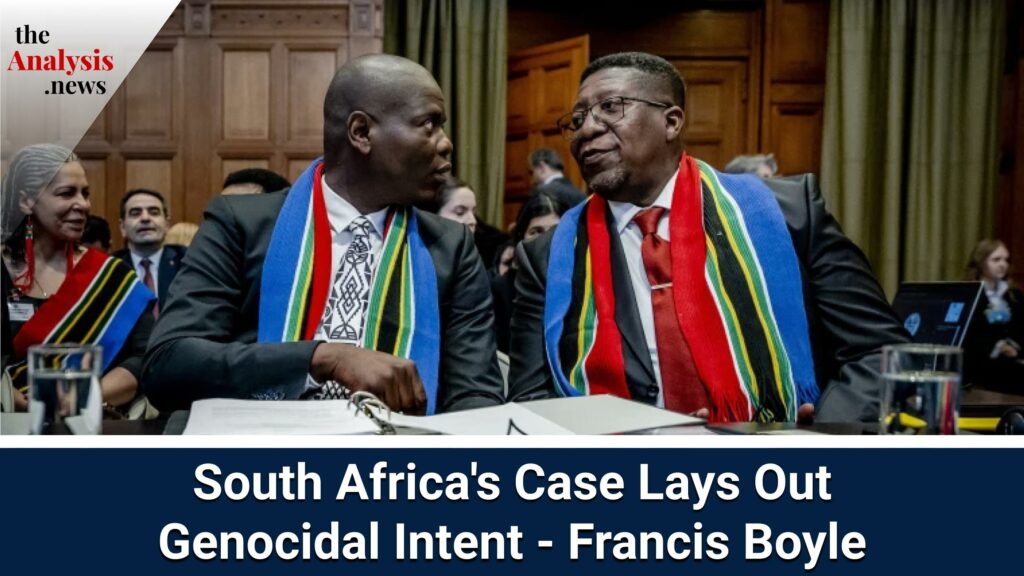
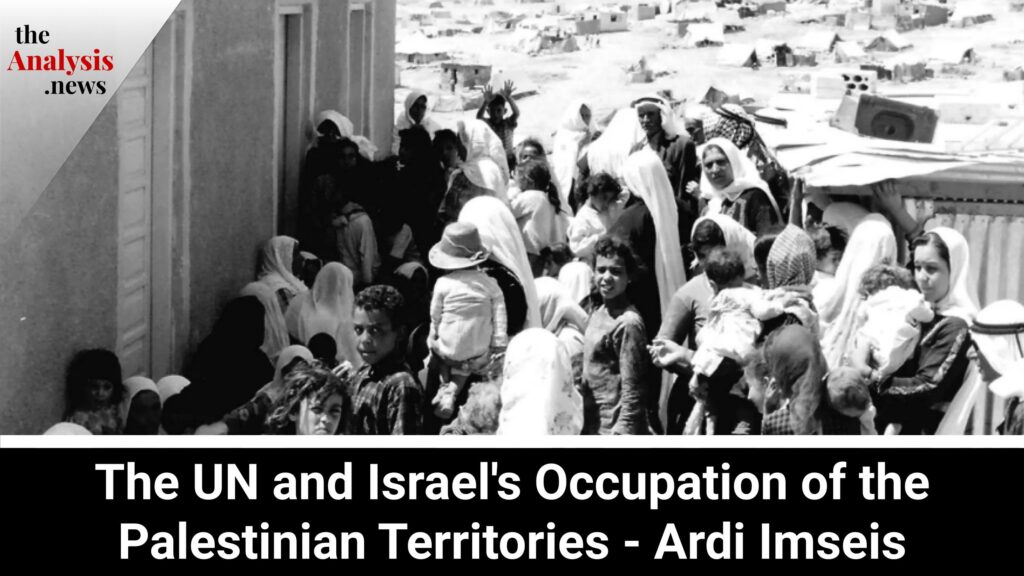

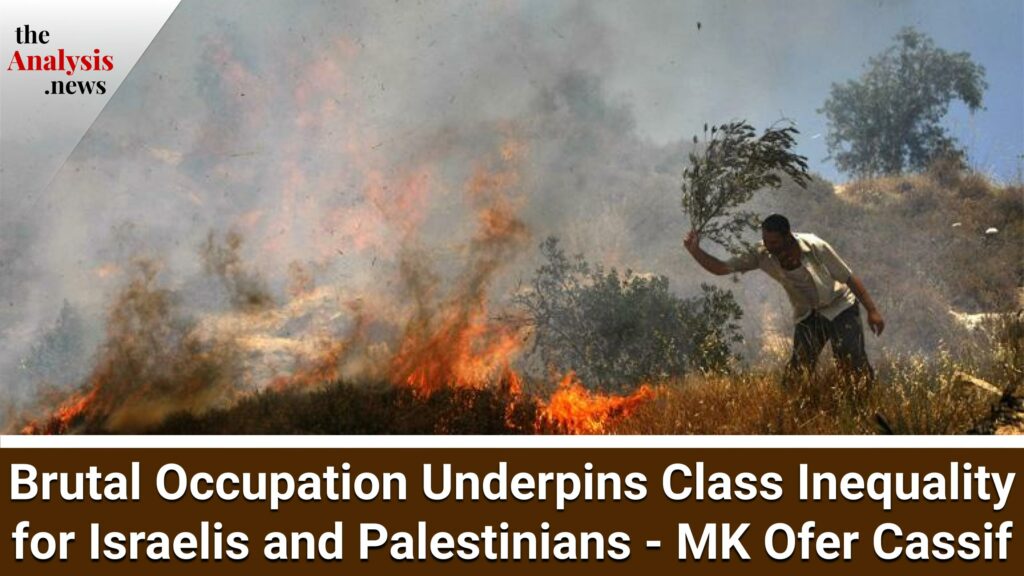
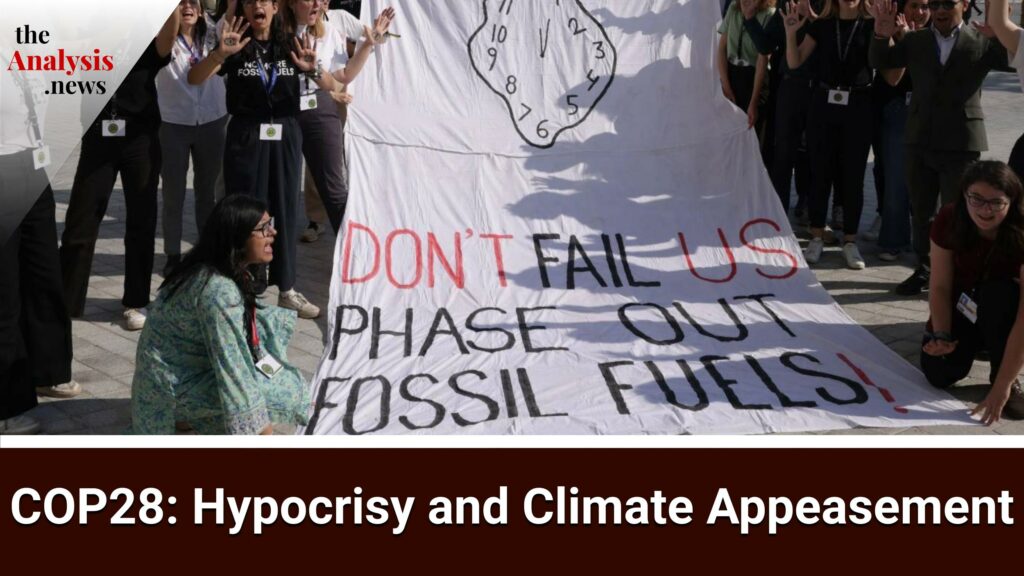
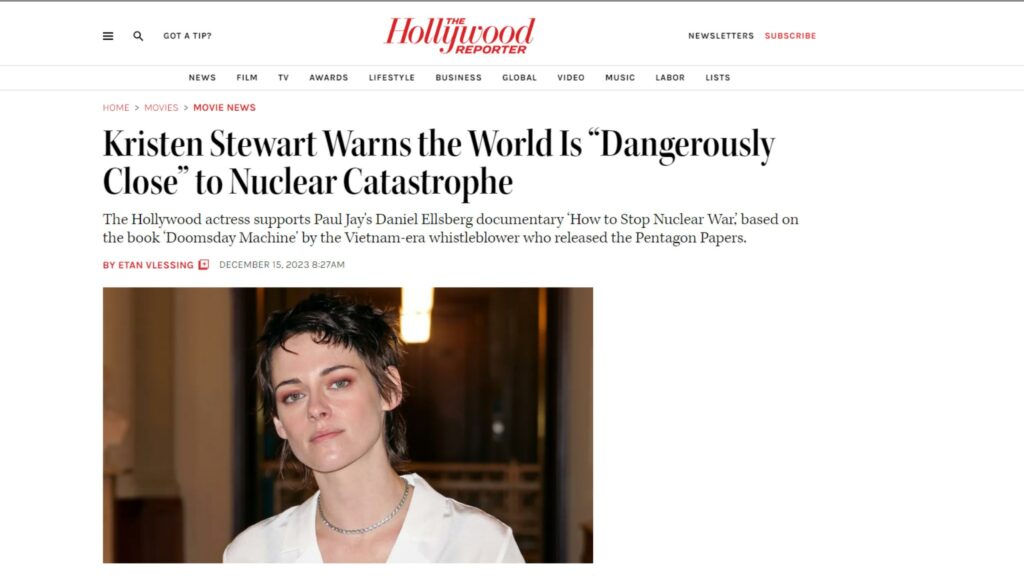
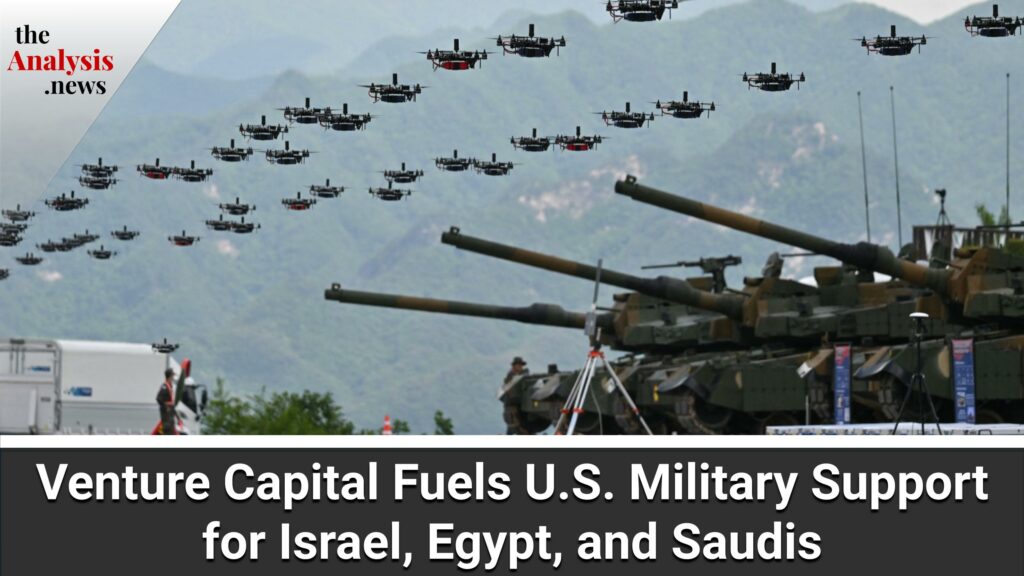
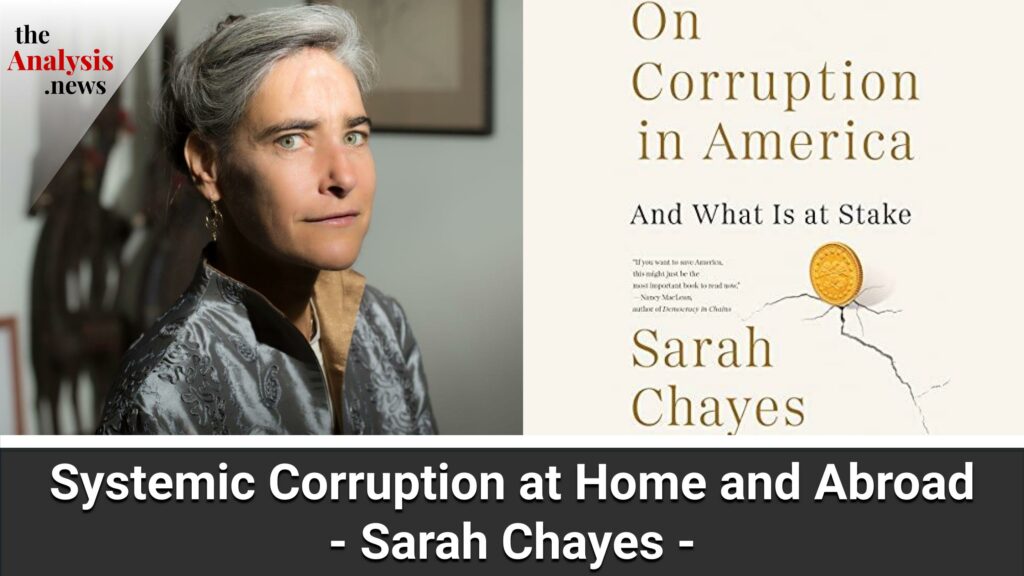
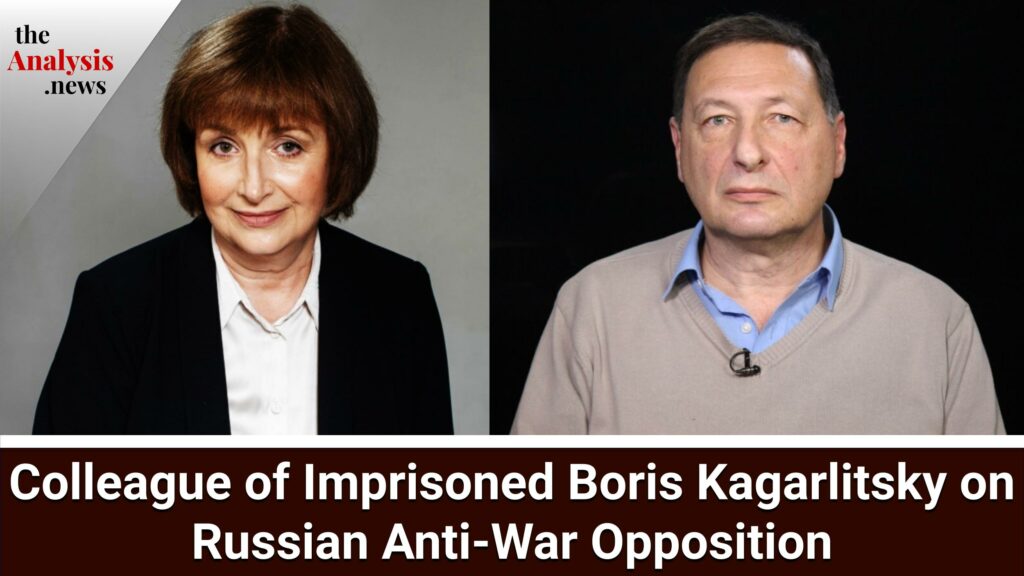
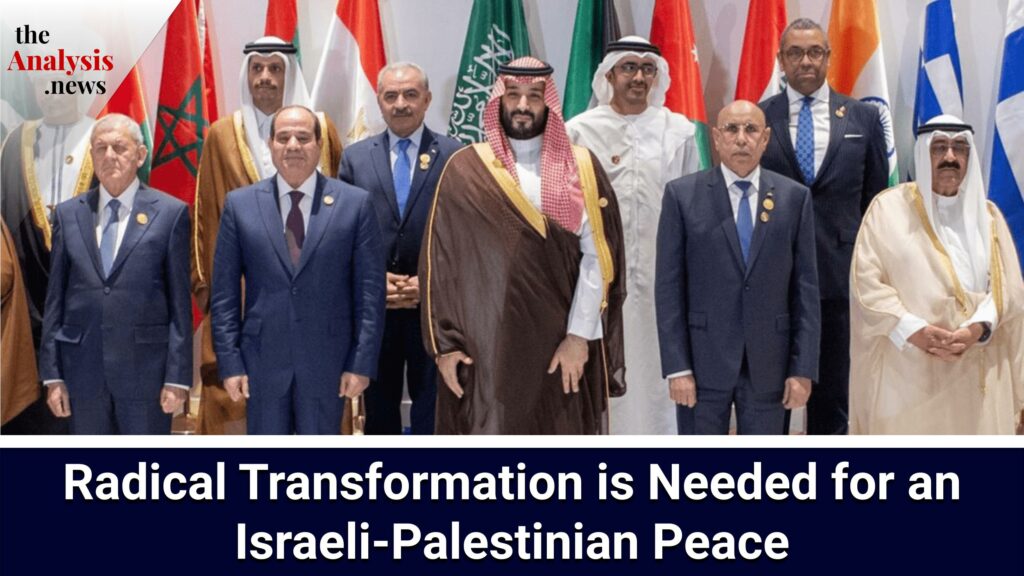
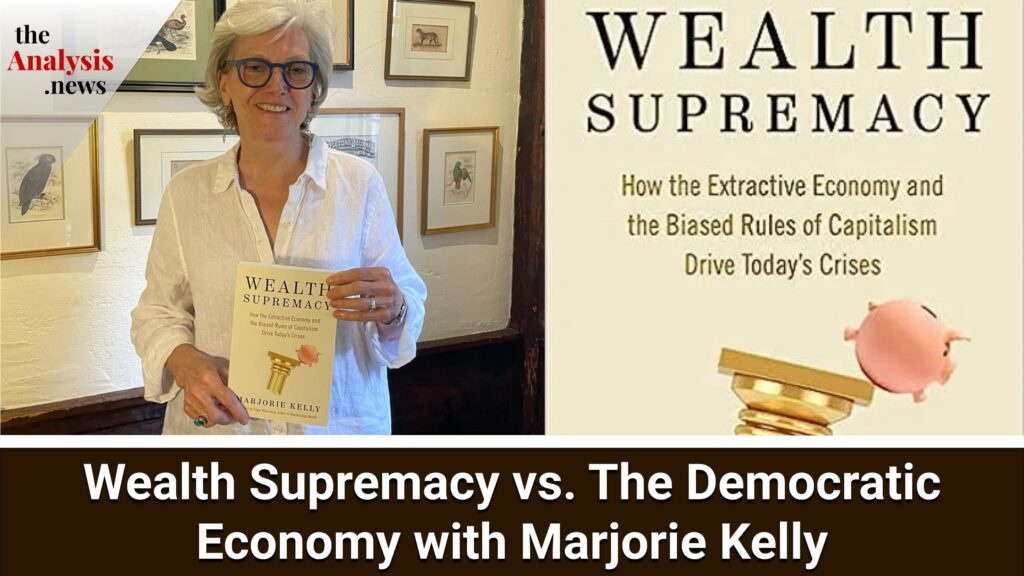
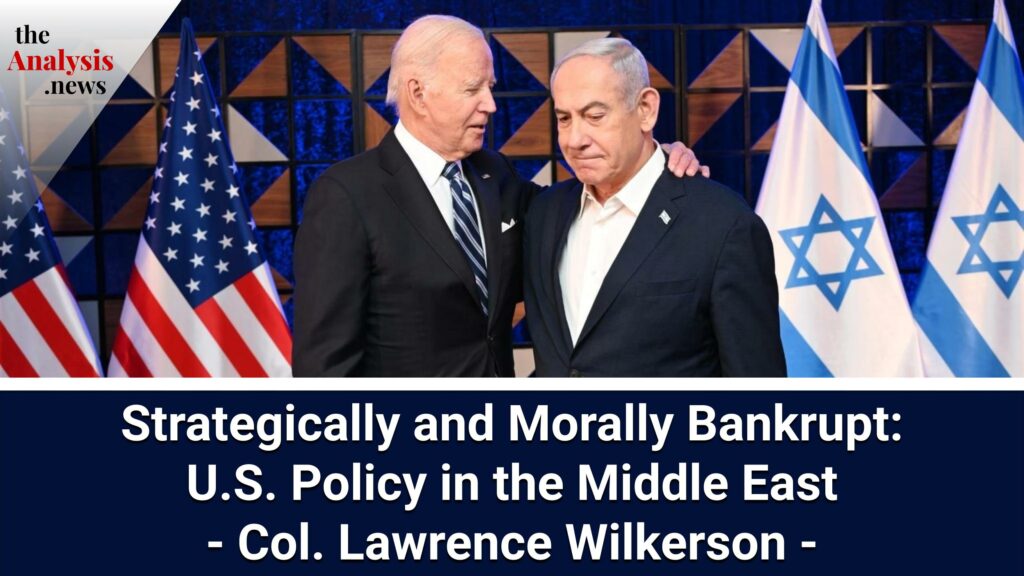
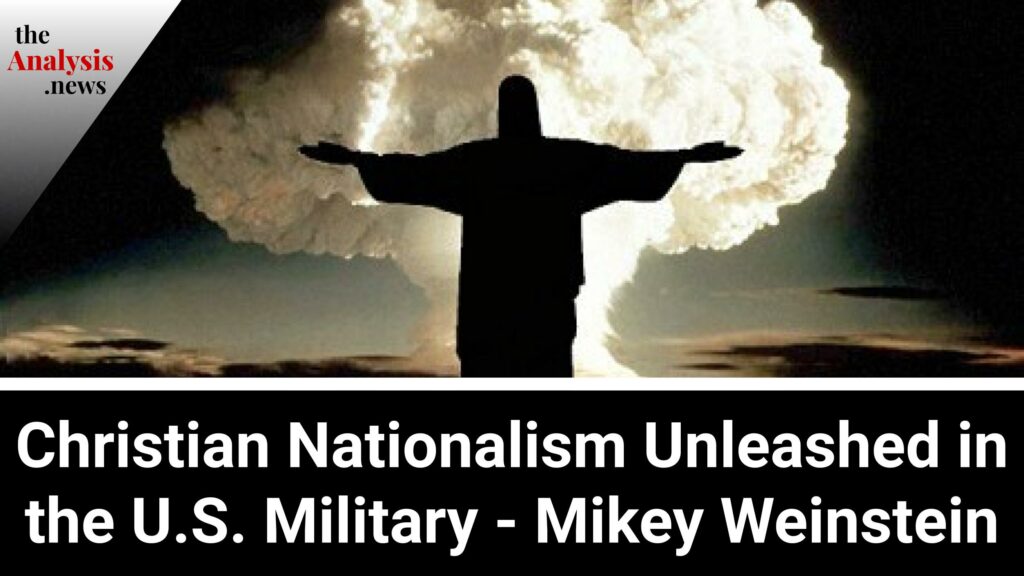
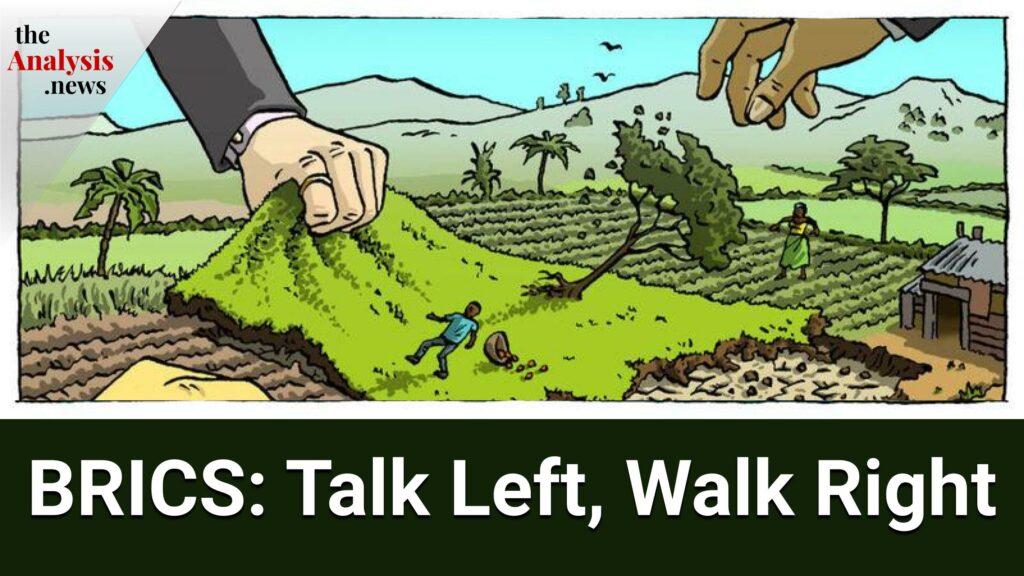

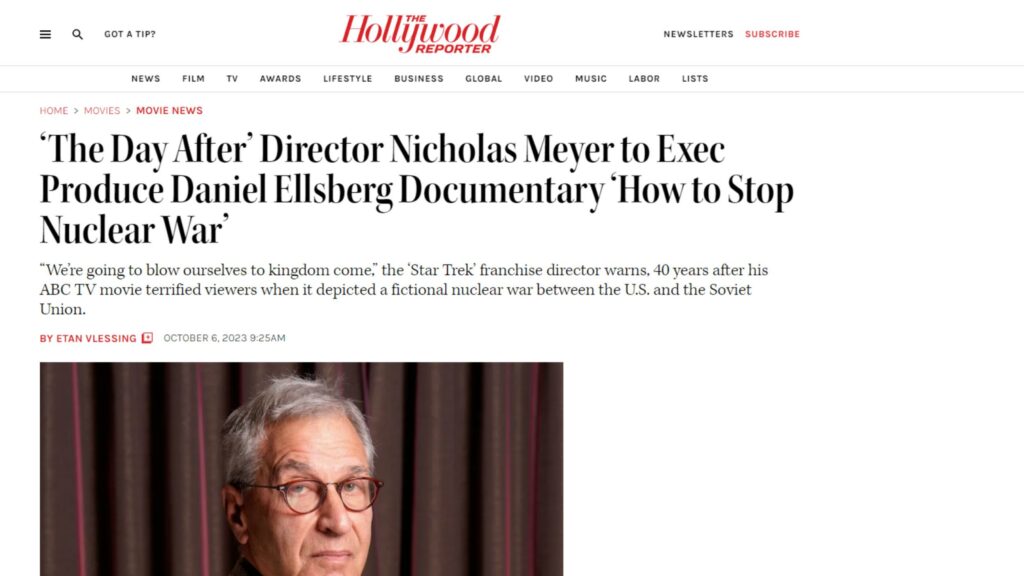
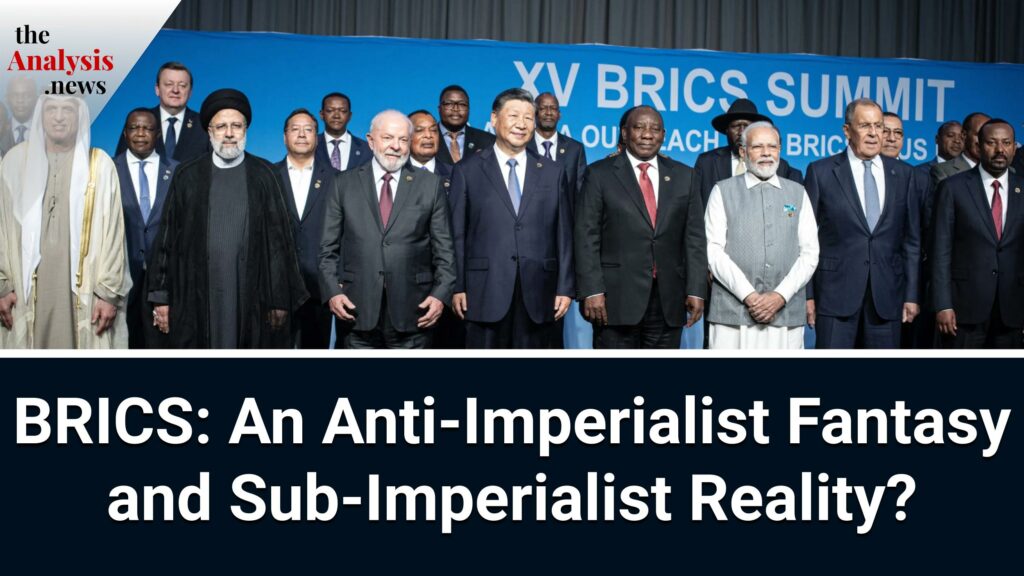
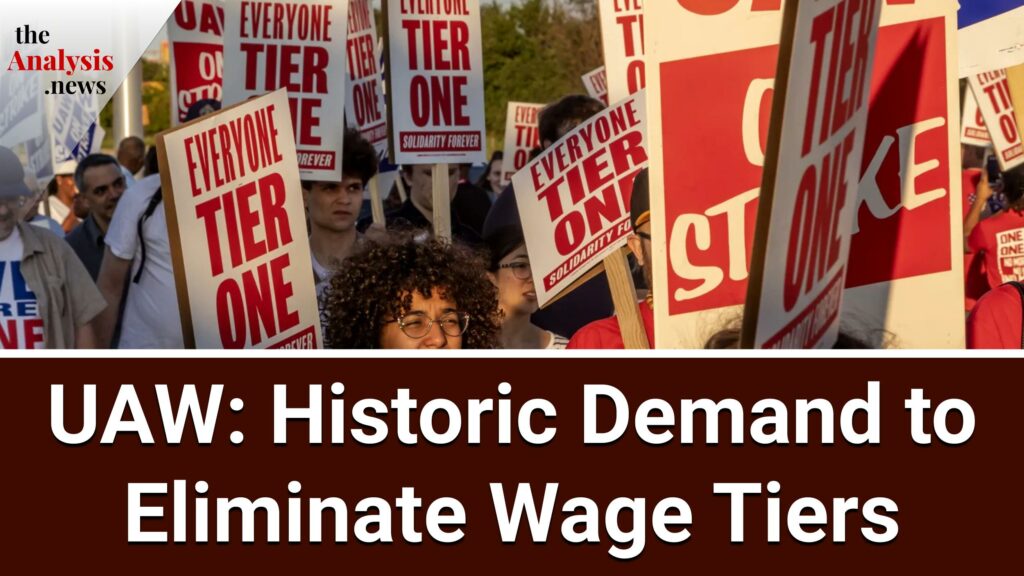

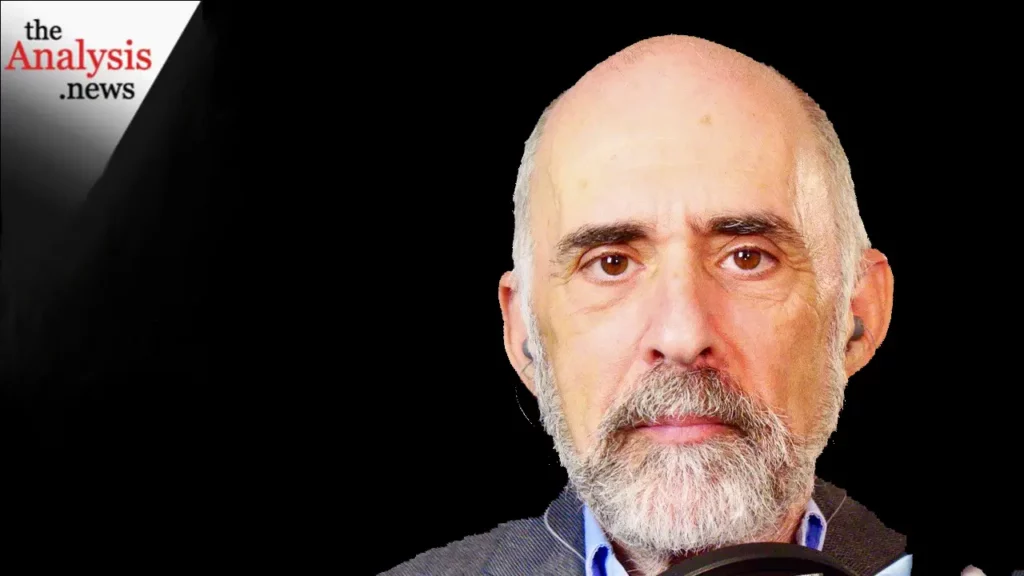
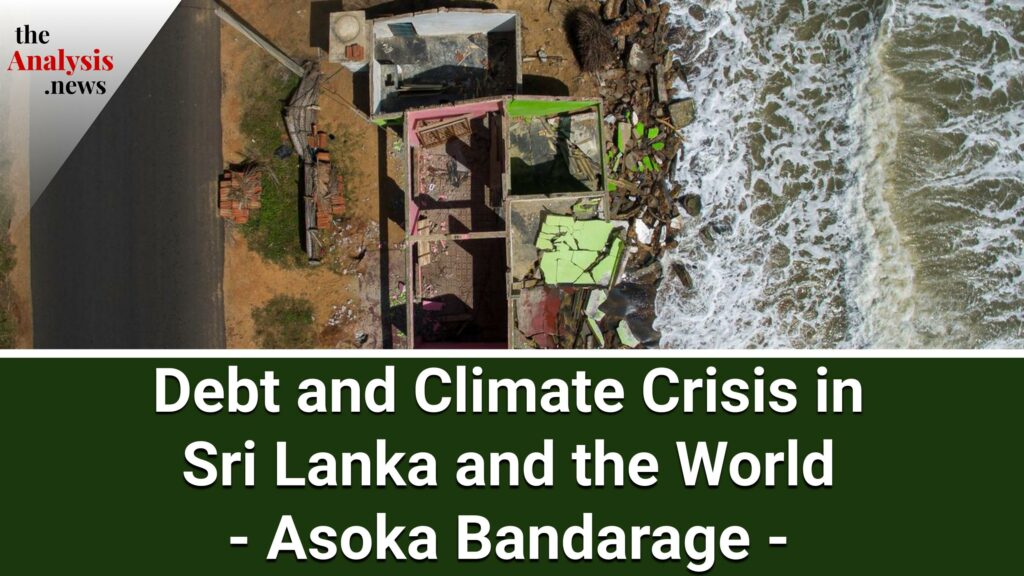
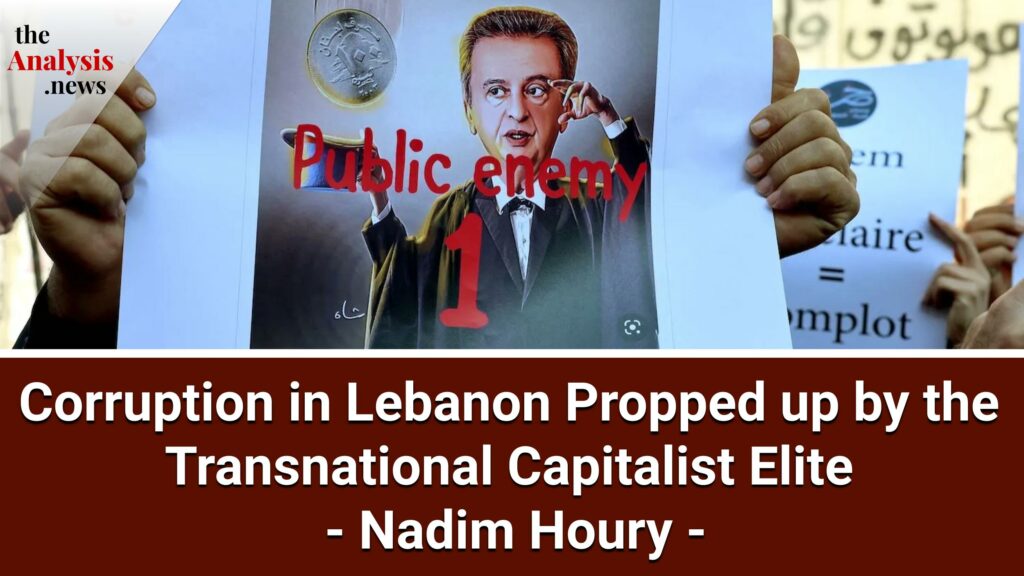
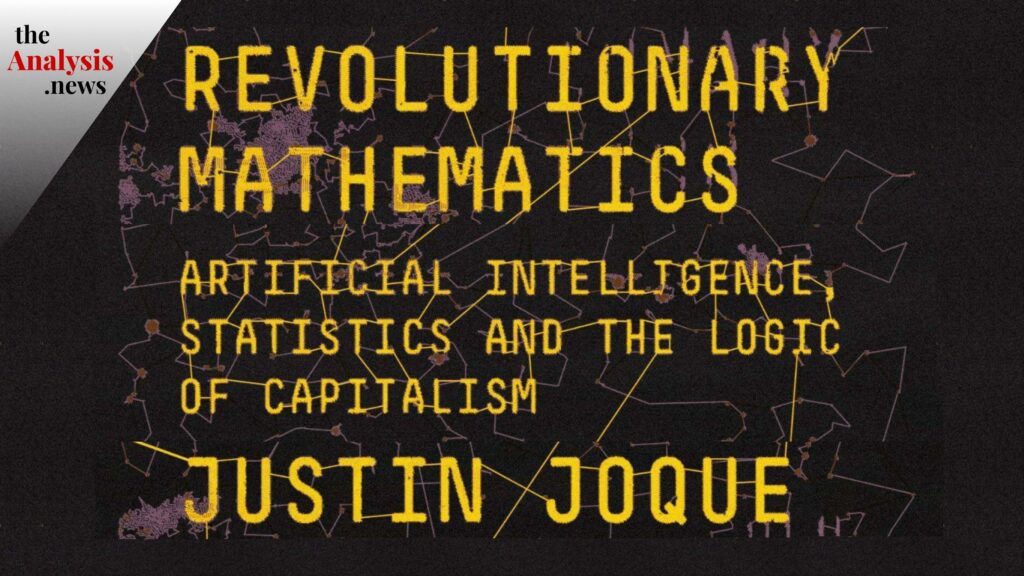
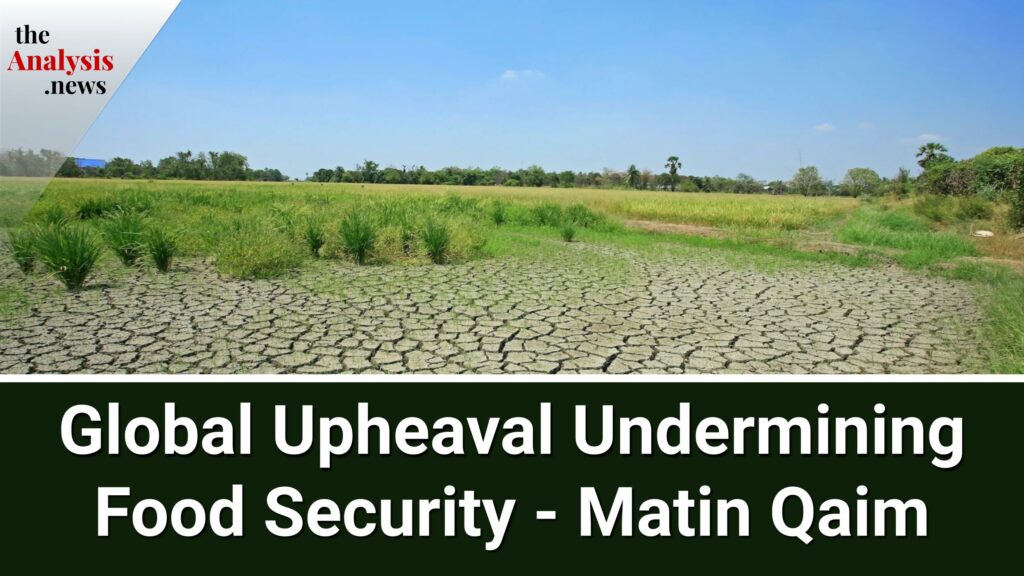
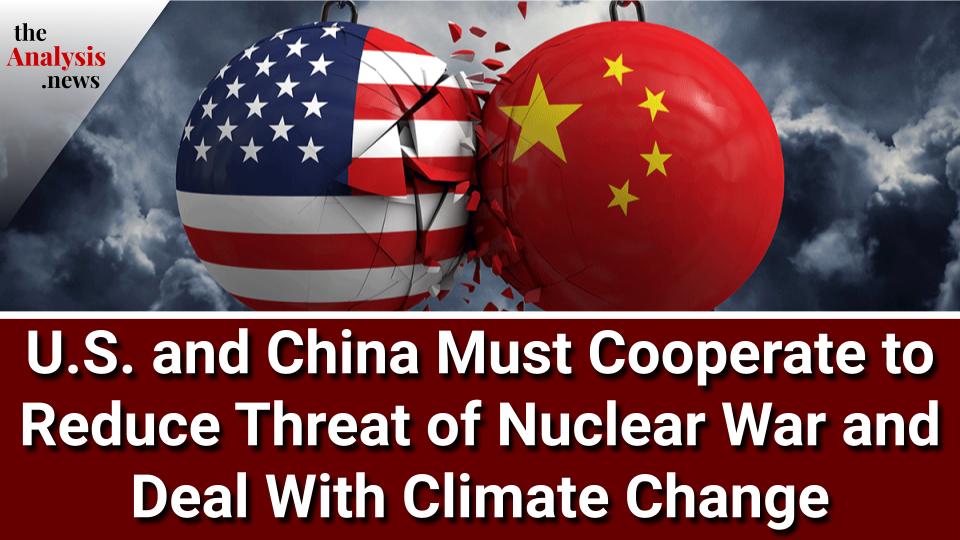
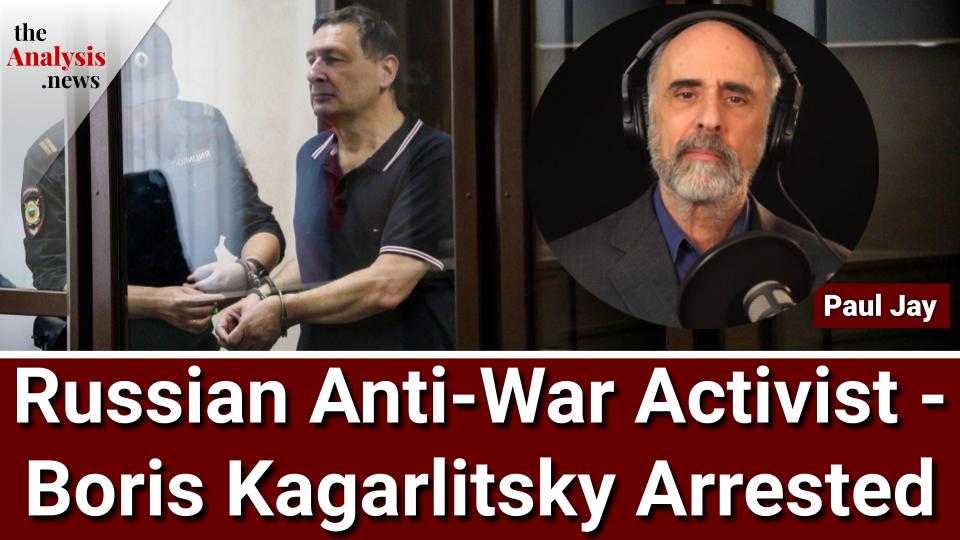
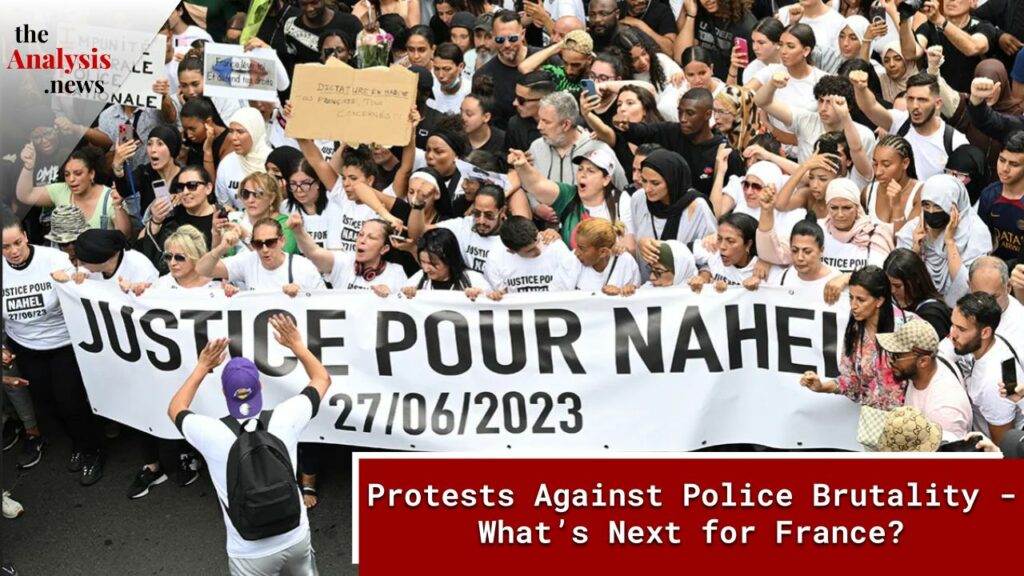

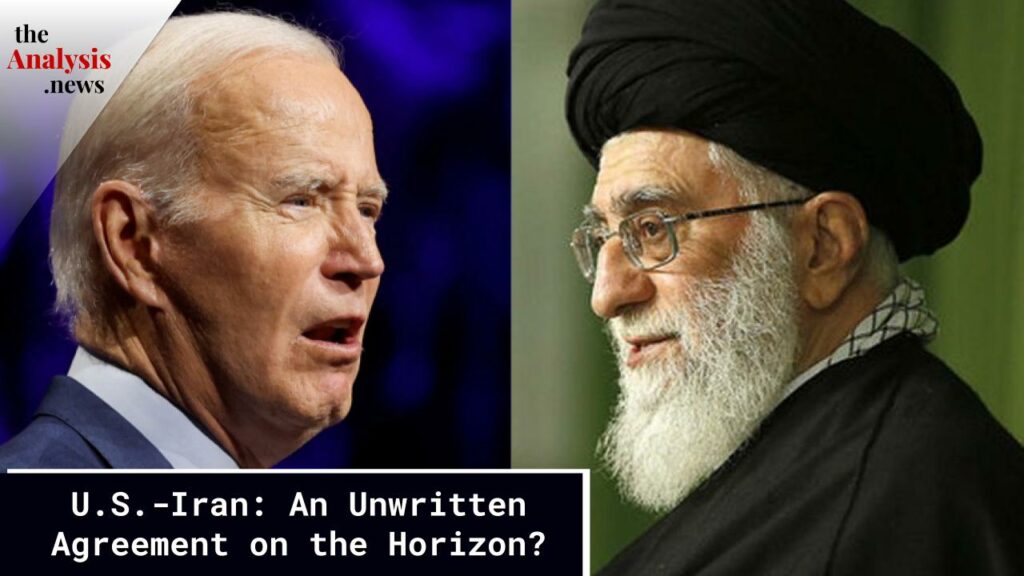
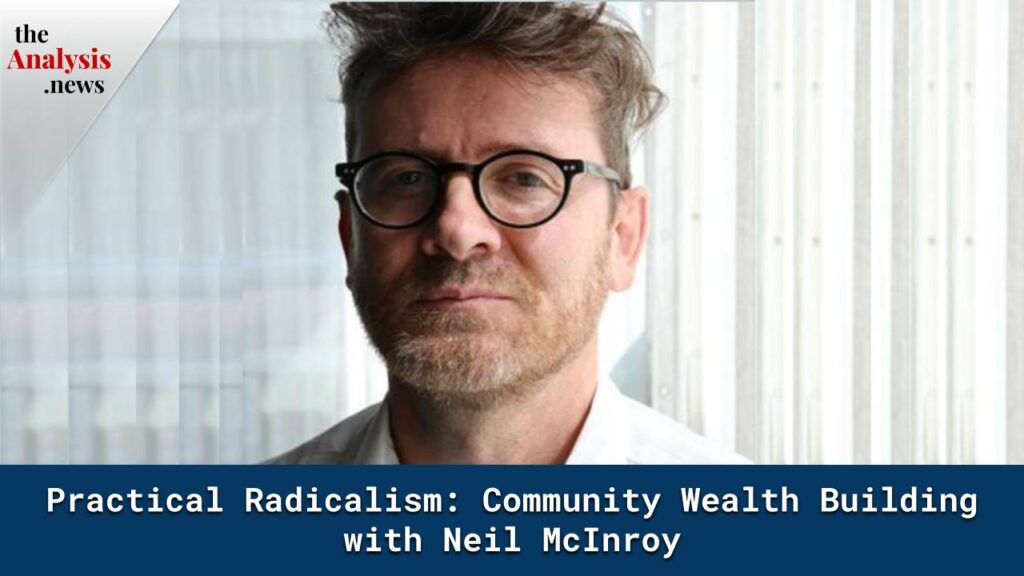

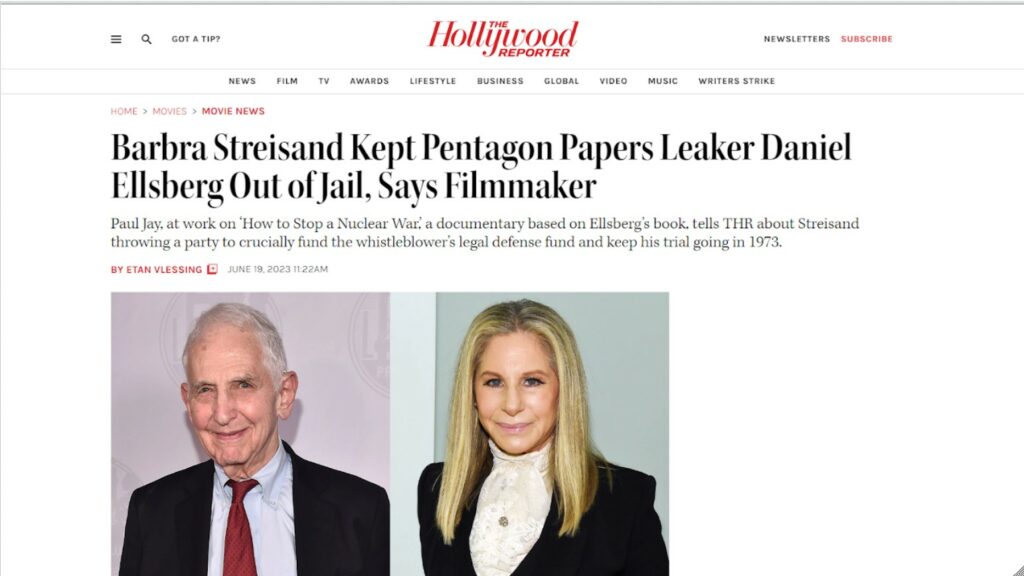
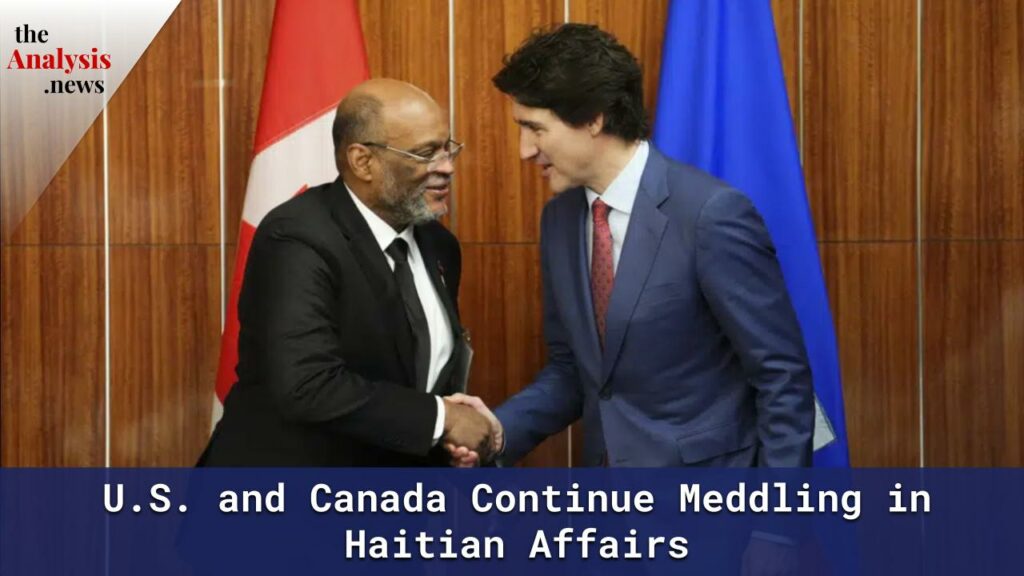
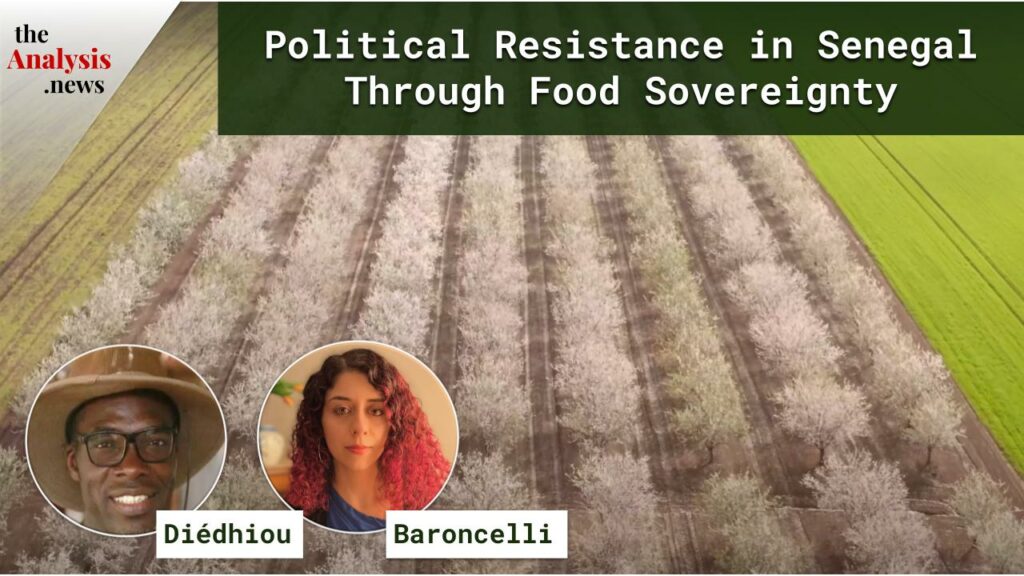
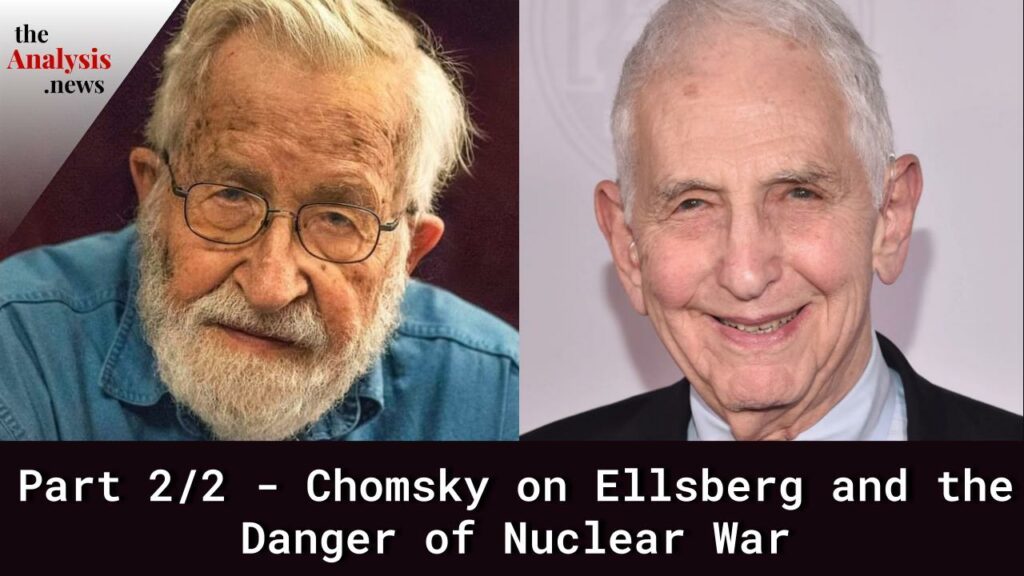
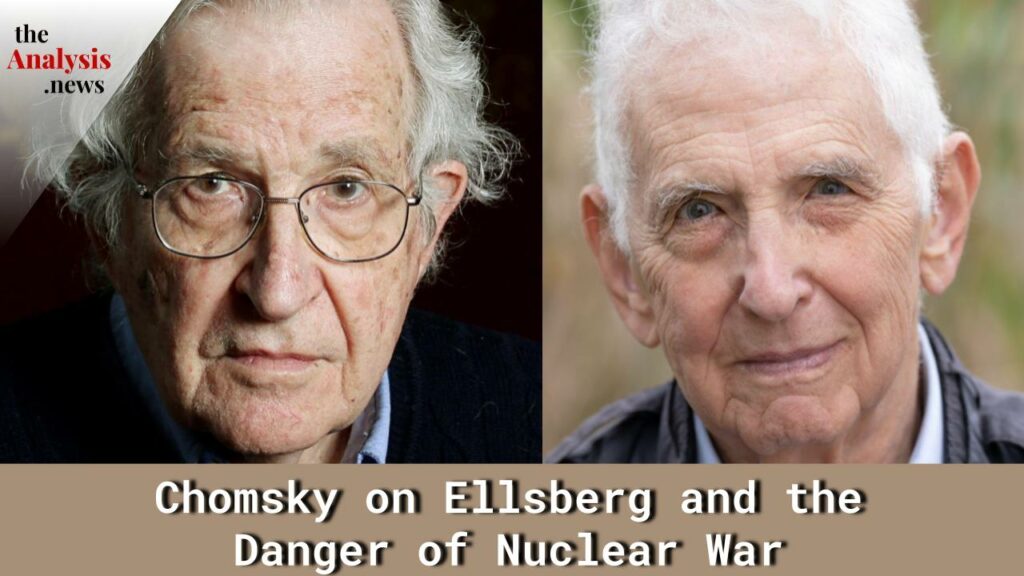
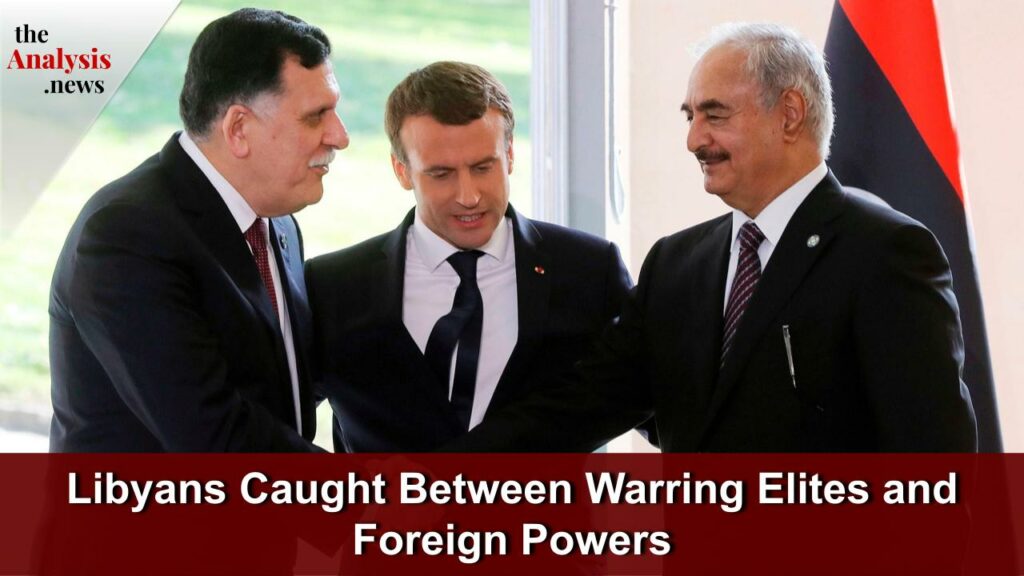
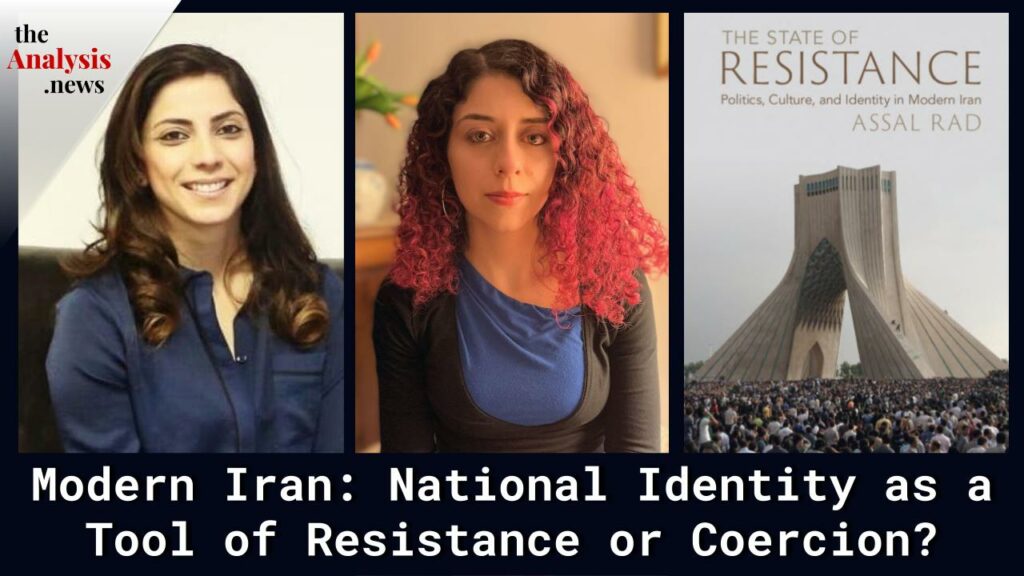
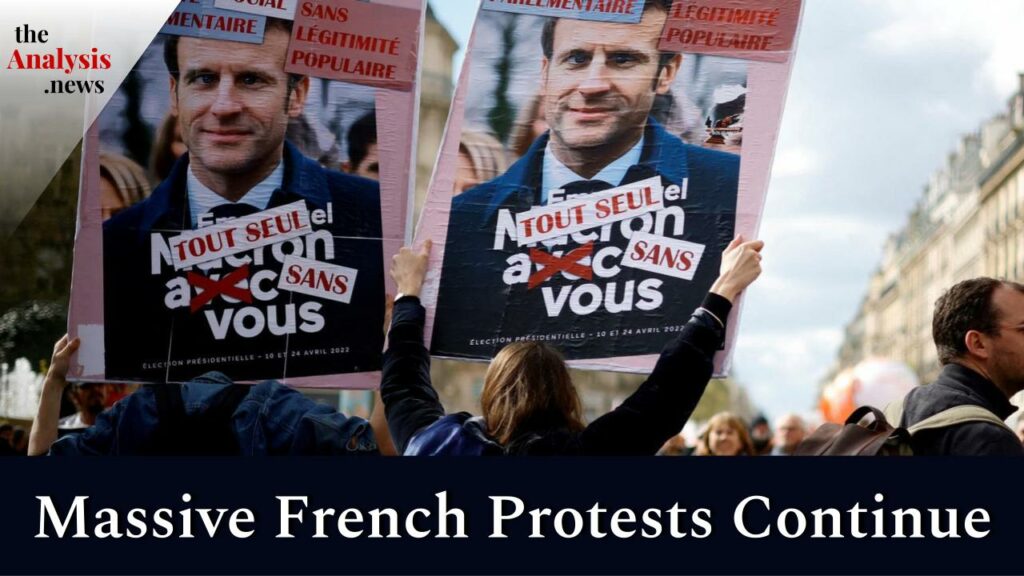
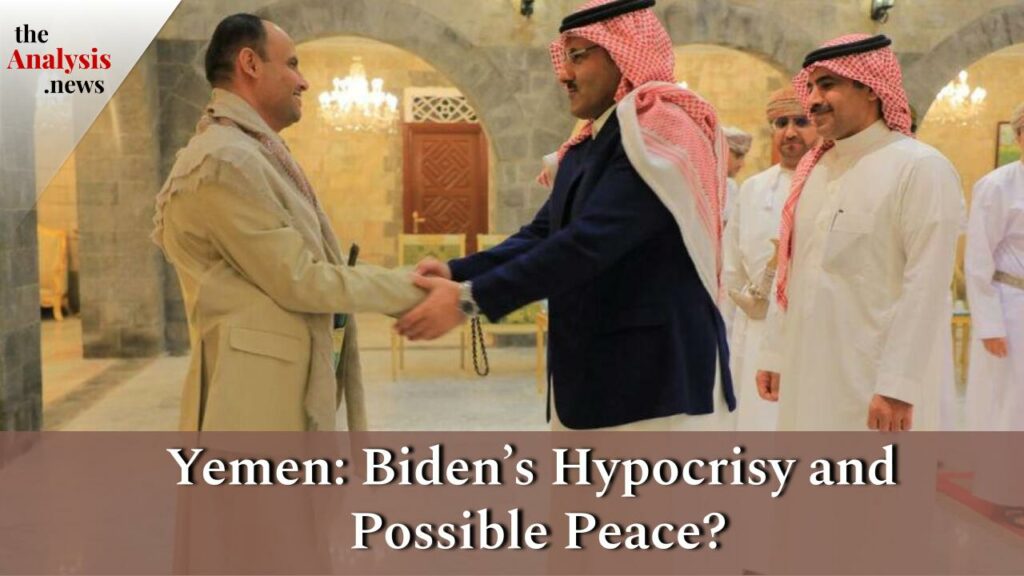
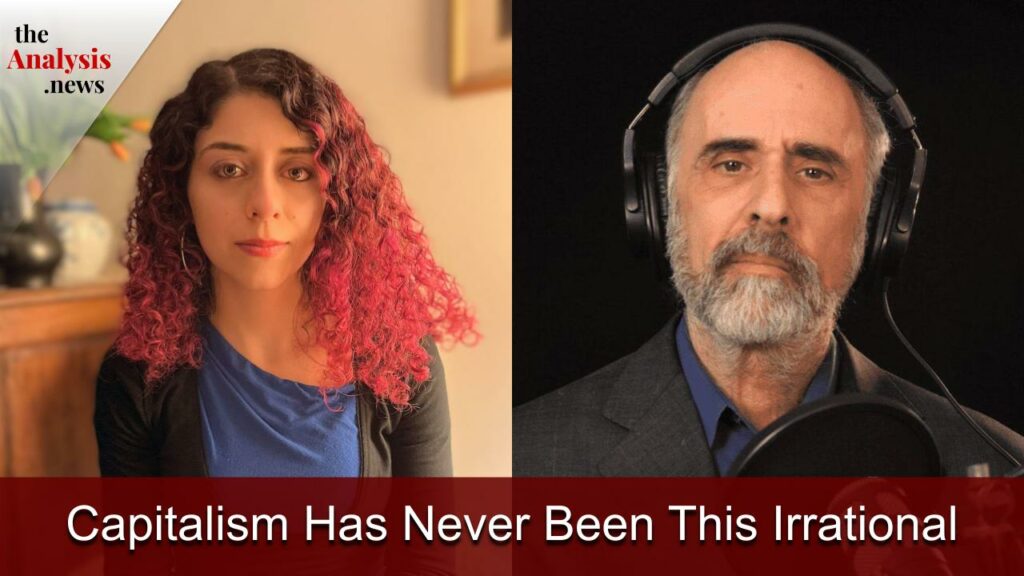
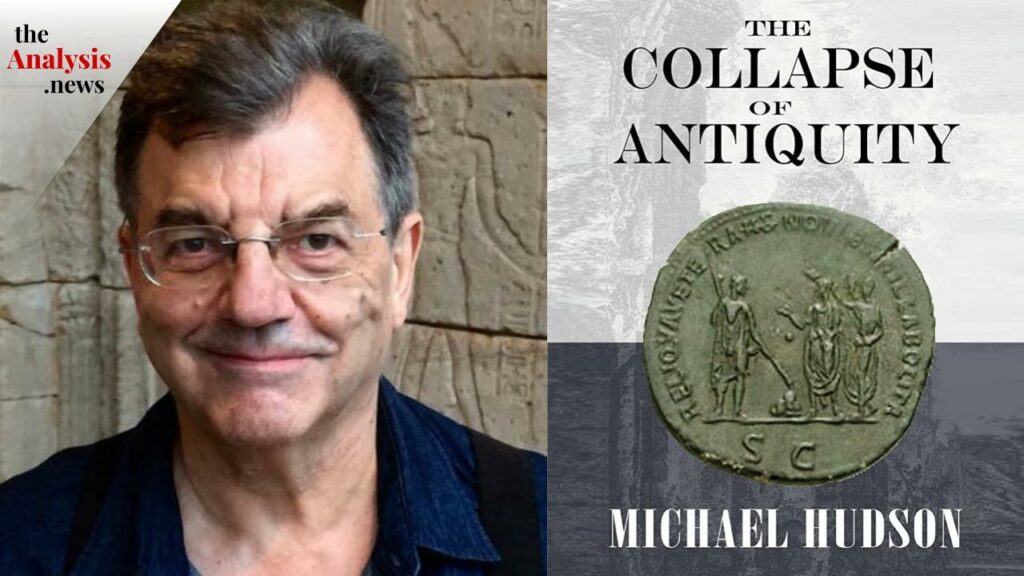
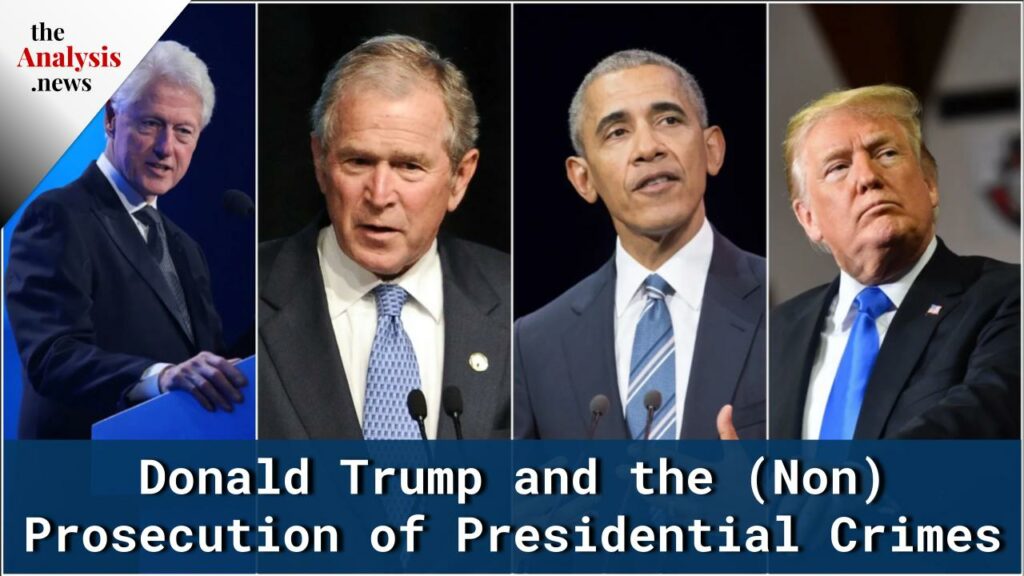
History
Mini Doc: Why I am Opposed to the War in Vietnam – Martin Luther King
In honor of Martin Luther King Day, we republish his speech, Why I am Opposed to the War in Vietnam.
READ MORE